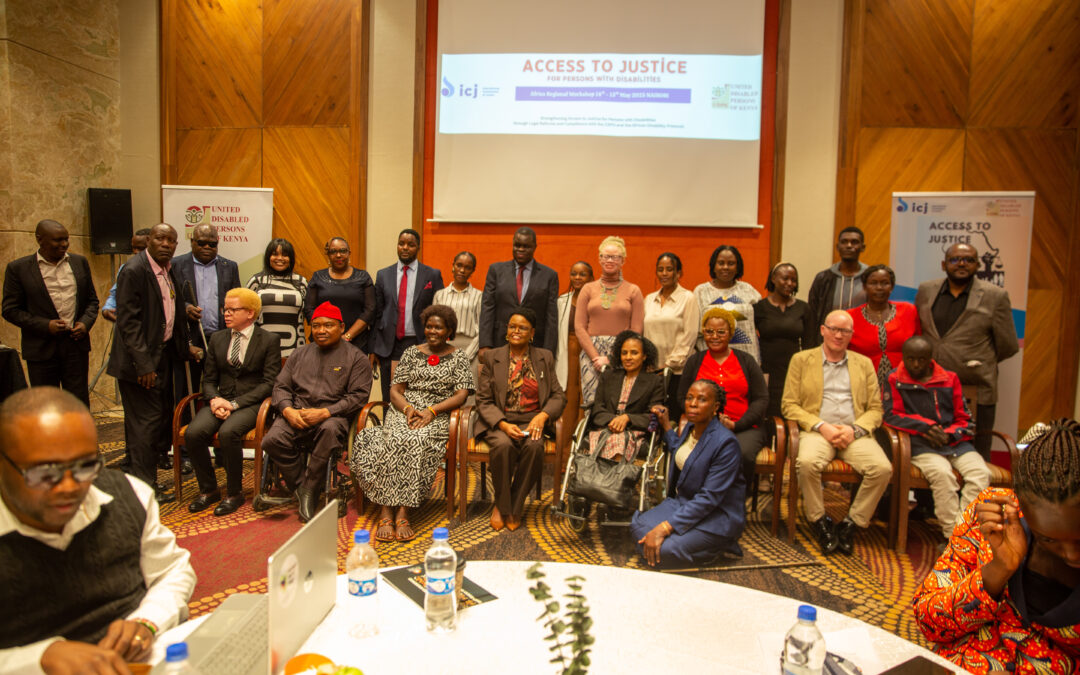

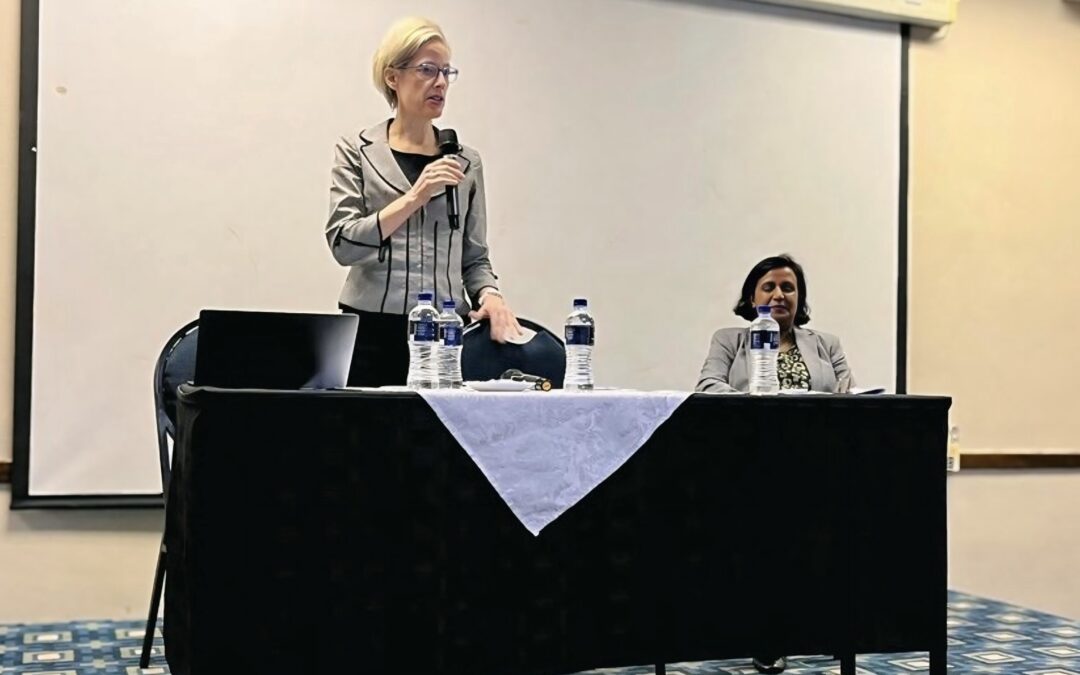
Eswatini: In the face of ongoing repression of the legal profession, lawyers raise concerns with UN Special Rapporteur on the Independence of Judges and Lawyers
The Special Rapporteur on the Independence of Judges and Lawyers emphasized the fundamental importance of the independence of judges and lawyers in the protection of human rights and the rule of law. In a social media post issued on 13 April 2025 after meeting...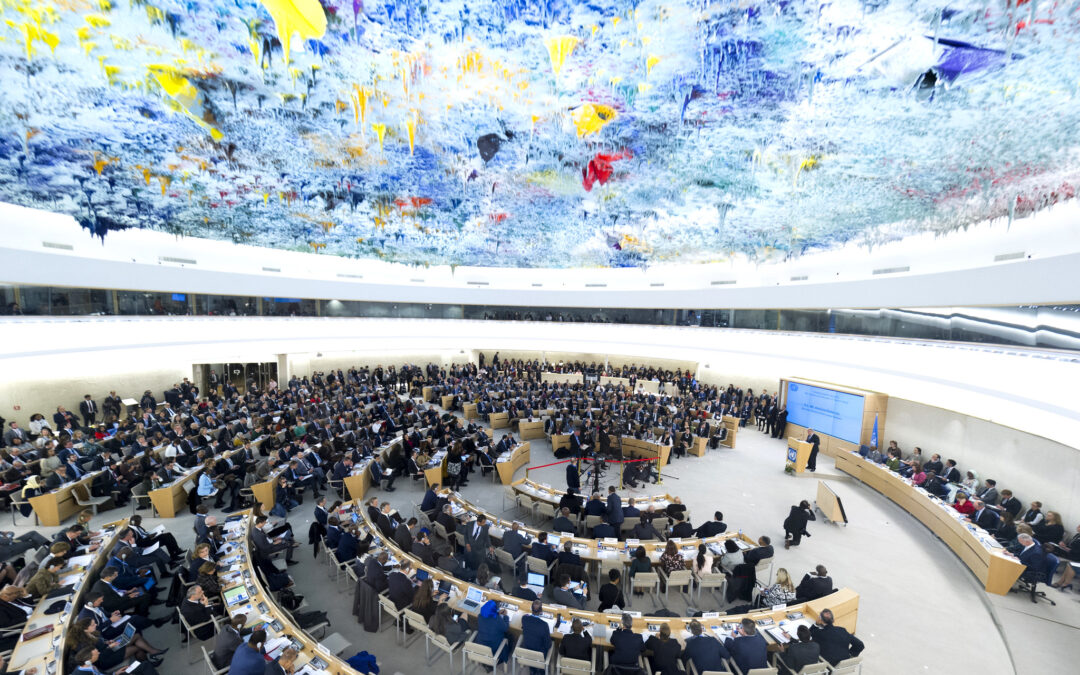
HRC58: ICJ statement on the use of counterterrorism laws to suppress dissent in Venezuela and Eswatini
United Nations Human Rights Council 58th Regular Session ID with SR Counterterrorism Item 3 Mr. President, The ICJ welcomes the Special Rapporteur’s recommendations on civil society engagement in regional systems. In this connection, the ICJ draws the Council’s...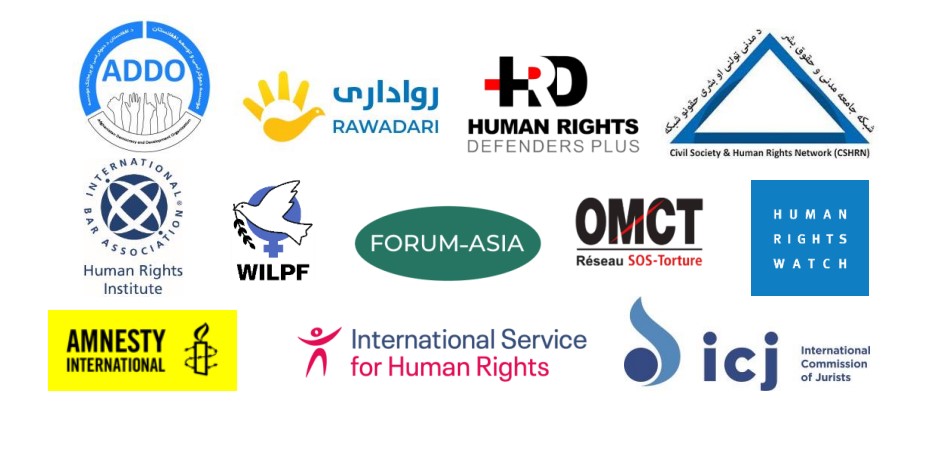
Questions & Answers on the establishment of an Independent International Accountability Mechanism for Afghanistan
Since taking power in August 2021, the Taliban have imposed ever-more extreme restrictions on human rights. The rights of women and girls have been especially affected: they have been barred from education beyond sixth grade and many forms of employment, and banned...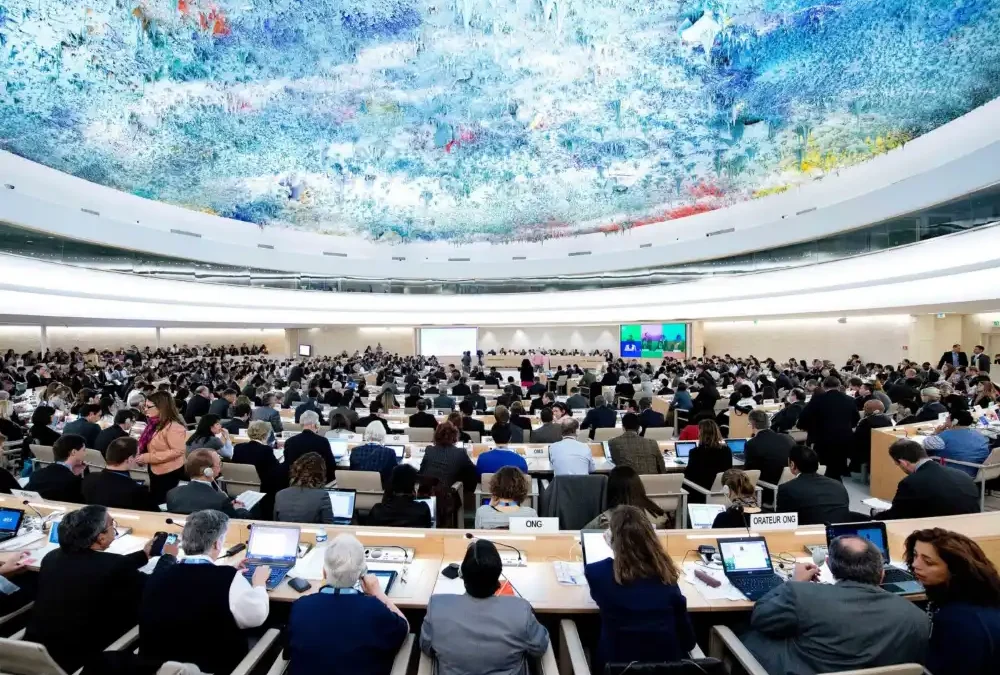
ICJ and IBAHRI call for accountability for mercenary predatory recruitment and serious human rights abuses
The International Commission of Jurists (ICJ) and International Bar Association Human Rights Institute (IBAHRI) called the Human Rights Council’s attention to the serious abuses amounting to crimes under international law linked to mercenary activities in the Sahel region of Africa, including allegations of unlawful killings, torture and ill-treatment, rape and other sexual violence, and enforced disappearances. Read the full statement below.
Oral Statement of the ICJ and the IBAHRI on the recruitment and activities of mercenaries and private military and security companies
“Mr President,
The International Commission of Jurists (ICJ) and the International Bar Association Human Rights Institute (IBAHRI) deplore the practices of predatory recruitment of people usually in vulnerable situations, such as detainees, and the harsh and risky conditions of service they endure as described in the report of the Working Group on the Use of Mercenaries (A/HRC/54/29).
The report describes opaque and deceitful contract terms, and orders to take direct part in hostilities in foreign countries without their prior consent. These practices sometimes amount to forced labour and debt bondage, in addition to human trafficking.
We remind the States with jurisdiction over persons and practices of their obligation to protect the human rights of persons in such vulnerable situations. ICJ and IBAHRI especially calls this Council’s attention to the serious abuses amounting to crimes under international law linked to mercenary activities in the Sahel region of Africa, including allegations of unlawful killings, torture and ill-treatment, rape and other sexual violence, and enforced disappearances.
We are deeply concerned at repeated allegations that some of these serious human rights abuses are committed by the so-called Wagner Group and call States concerned to promptly, thoroughly and impartially investigate these allegations and bring the perpetrators to justice.
ICJ and IBAHRI support the Working Group’s recommendations for renewal of the mandate of the Intergovernmental Working Group on an international regulatory framework on private military and security companies and call all States to constructively participate in its work (para. 42 g).
Thank you.”
For more information, contact:
Carlos Lopez Hurtado, ICJ Senior Legal Adviser, e: carlos.lopez@icj.org




